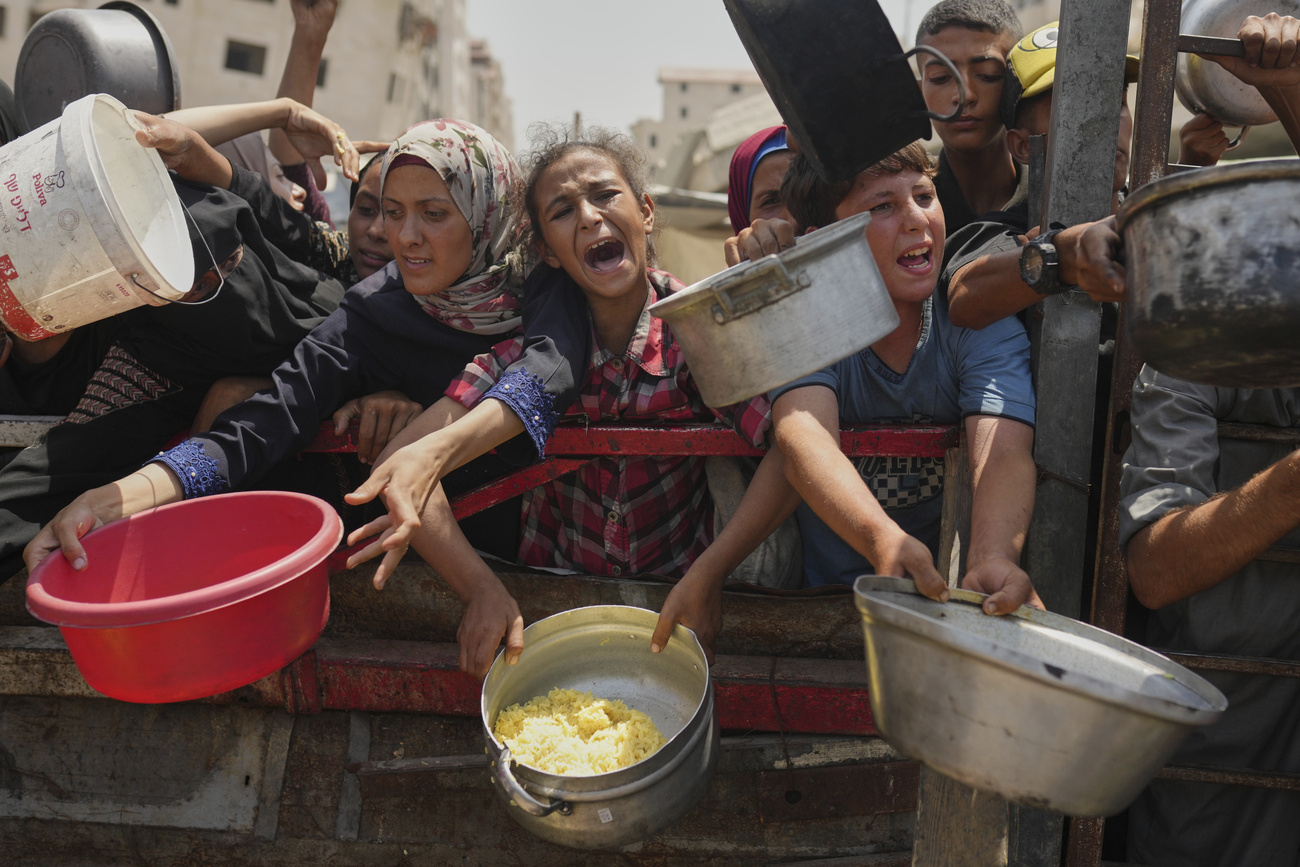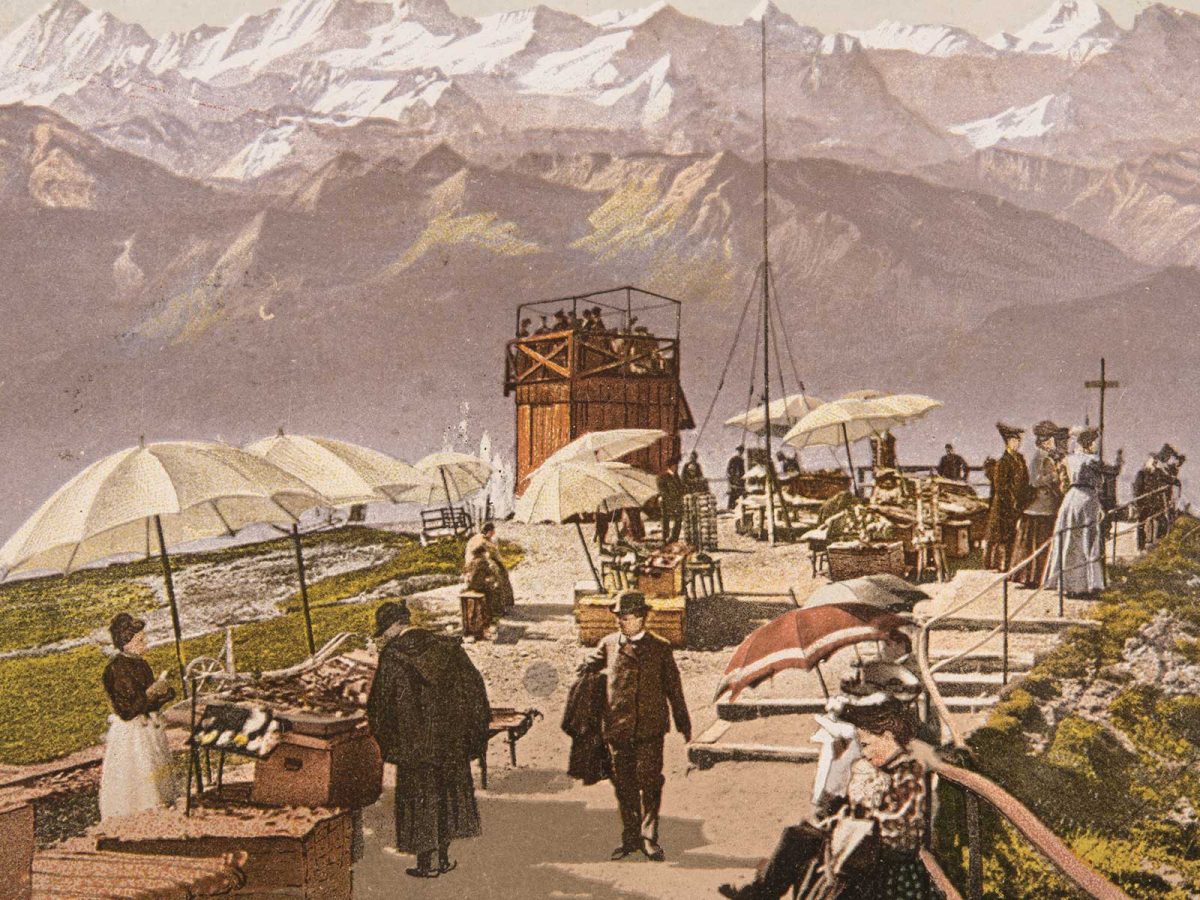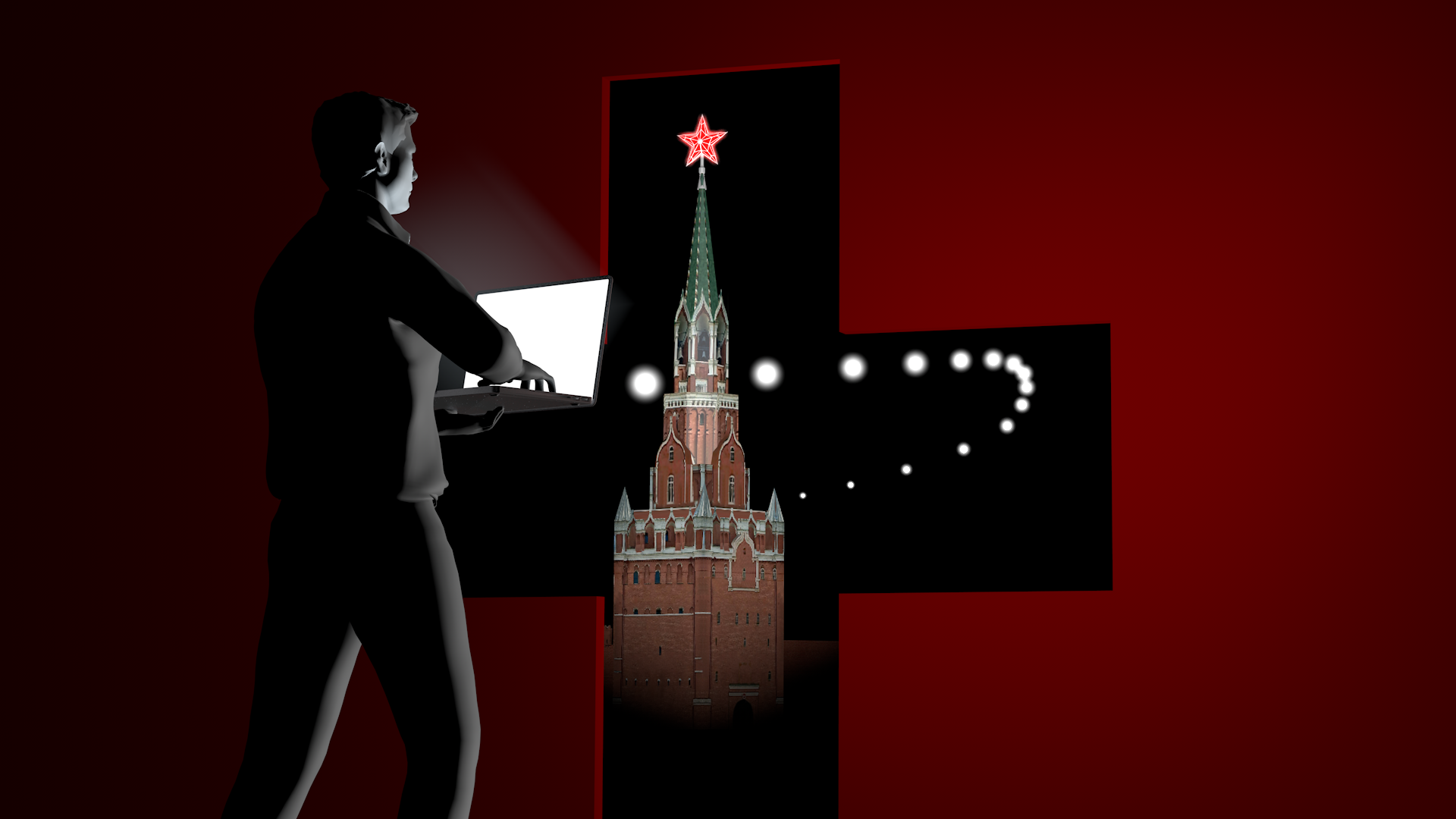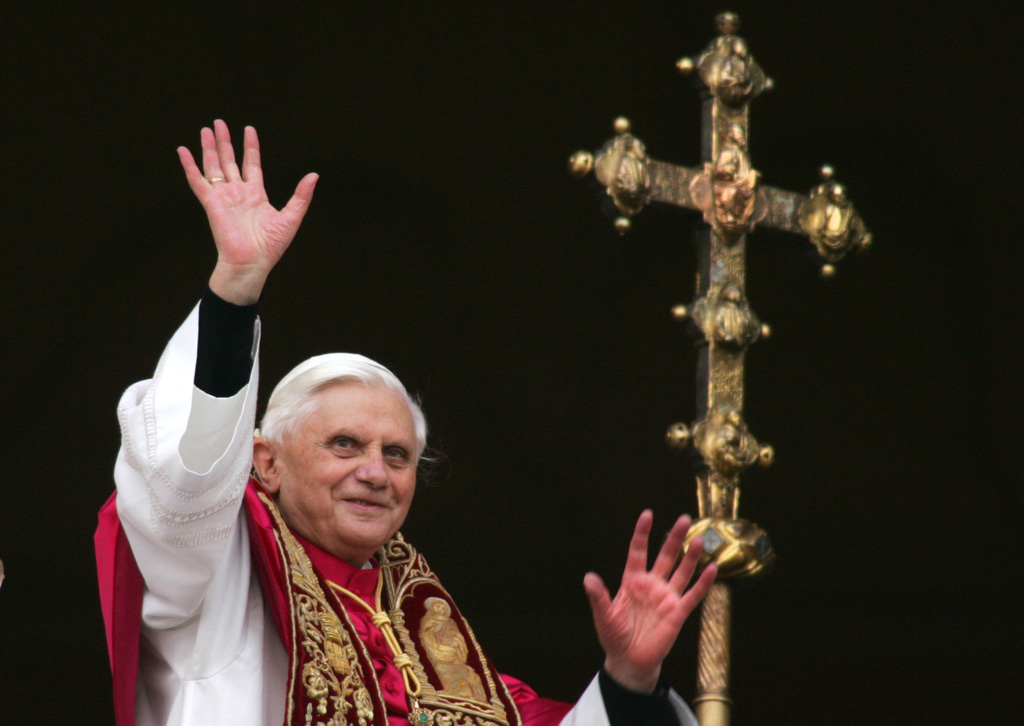
Church tends wounds caused by abuse scandal

The Catholic Church in Europe has finally found its voice after decades of silence over sexual abuse of minors within its walls.
At a public discussion on the issue at Fribourg University on Friday evening, the talk was of pain and shame but also of healing and new beginnings – for the Church, the victims and even those guilty of abuse.
The abbot of Einsiedeln abbey, Martin Werlen, described the shock of hearing the truth about the extent of the crisis: “It was like a man who feels perfectly well going to the doctor and being told he has cancer!”
In Switzerland, around 70 people have claimed to be victims of abuse by priests and Church workers in the past 15 years.
The country’s Catholic bishops last month admitted they had “underestimated” the scale of sexual abuse within churches and called on victims to report crimes to the police.
Werlen – a member of the Swiss Bishops Conference – has become the Church’s unofficial spokesman on the issue, facing media salvoes and taking the flak. But he sees that experience as something positive.
“We as a Church should be glad that the media have helped uncover this [scandal], even if it is painful,” he told the gathering. “We can experience mercy if we admit our faults.”
German psychologist, psychotherapist and theologian Werner Müller felt that lifting the silence was crucial for healing to take place. Müller, whose research has focused on sexuality and Church morality, has written a book about recognising and preventing abuse in the Church.
“Wounds sometimes have to be made deeper,” he told swissinfo.ch. “You have to get deeper to the pain and face the facts,” he said. “Amongst the Swiss bishops and among people in the Church there are a lot who really feel the pain and are no longer in a state of denial.”
After breaking the silence, specific steps had to be taken, Müller said.
“First the victims have to talk, the people responsible in the diocese have to listen and be touched by what they hear. I’ve met responsible people in the Swiss church who are disgusted.
“But to be disgusted and touched is not enough. They also have to look at what they can do for the victims on the emotional, spiritual and financial level.” There was some reluctance to deal with the issue of financial compensation, he perceived.
Warning signs
Müller talked of the need to make selection for the priesthood much more rigorous, and highlighted three risk factors among candidates: sexual immaturity; an inability to form intimate relationships; and the fact of being male, as statistics show that men are responsible for most sexual abuse.
“Letting women into the priesthood would enhance it greatly,” he said, to laughter and applause from the audience.
While keeping quiet on the issue of admitting women to the priesthood, the abbot of Einsiedeln admitted that by ignoring questions of sexuality in the training process, the Church had forced many young men to hide their true feelings.
Hardly any priests with paedophile tendencies sought help.
It was time for a new culture of openness. “In the Church there is no area we should keep quiet about,” he said.
What to do?
The question of how to deal with priests who have committed paedophile acts is one to which the Church is struggling to find answers.
Abbot Martin Werlen spoke of the need to forgive and to develop a culture of dealing with mistakes.
In his abbey, he said, “we stand by brothers who have failed”. One monk who had committed abuse had been invited to rejoin the Benedictine community at Einsiedeln 30 years after the abuse occurred.
Werlen has previously spoken out in favour of a central register of paedophile priests, which would prevent these men from having further contact with children. Swiss President Doris Leuthard has also publicly supported the idea.
But Müller is sceptical about blacklists. “We have to do all we can to ensure priests who have abused children don’t come into contact with them again. But this situation is so new that we don’t know how to do it.
Müller said a priest who was paedophile and had abused children could have his priesthood suspended by the pope. But this was not necessarily the answer.
“Just to take the priesthood off them passes the problem onto society to deal with,” he said.
Despite the damage the scandal had caused to the Church’s reputation, and the stream of people leaving the Church over it, Werlen struck a positive note. The letters and emails he had received had convinced him that the Church still enjoyed much good will.
How it proceeded now was the important thing. “We have a chance to regain our credibility,” he said.
Morven McLean in Fribourg, swissinfo.ch
In a recent statement issued by a progressive umbrella organisation (Verein Tagsatzung im Bistum Basel), half a dozen Catholic groups demanded that bishops pay more attention to victims of child abuse inflicted by priests.
They also urged the clergy to take a closer look at paedophile priests – in particular those who were protected by the Church.
In addition, they pushed for bishops to re-evaluate mandatory celibacy as well as the role of women in the Church.
Born 1962.
Became Benedictine monk in 1988.
In 2001 elected abbot of the Einsiedeln monastery.
He is a member of the Swiss Bishops Conference.
Born 1950.
German writer, theologian, psychologist and psychotherapist.
Has written more than 60 books on spirituality, psychotherapy and self-help.
His latest book, on recognising and preventing sexual abuse in the Church, is called Verschwiegene Wunde (Concealed Wounds)

In compliance with the JTI standards
More: SWI swissinfo.ch certified by the Journalism Trust Initiative







































You can find an overview of ongoing debates with our journalists here . Please join us!
If you want to start a conversation about a topic raised in this article or want to report factual errors, email us at english@swissinfo.ch.